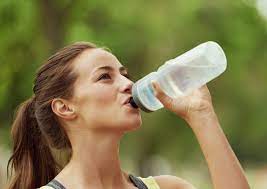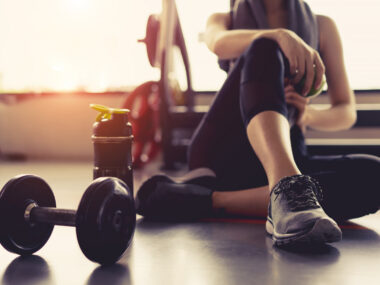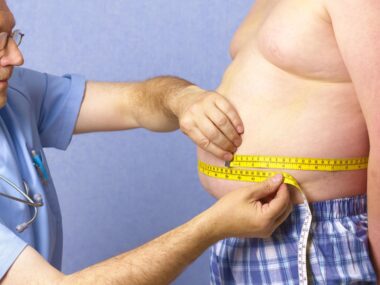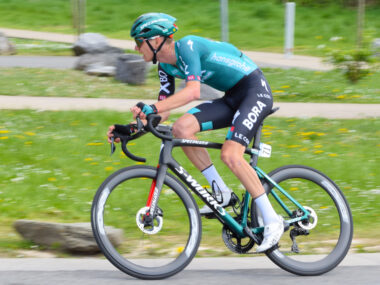Water is often regarded as the elixir of life, and its importance cannot be overstated, especially in the realm of fitness and exercise. Whether you’re an elite athlete striving for peak performance or an individual seeking to improve overall health and well-being, proper hydration is essential for optimizing physical and mental function. In this comprehensive exploration, we delve into the vital role of water in fitness, providing practical tips and insights to help you harness the power of hydration for enhanced performance and vitality.
Understanding the Importance of Hydration
Hydration plays a critical role in virtually every aspect of human physiology, influencing everything from nutrient absorption and temperature regulation to joint lubrication and cognitive function. During exercise, the body’s demand for water increases significantly due to factors such as sweating, increased respiration, and elevated metabolic activity. Failure to maintain adequate hydration levels can lead to dehydration, which not only impairs physical performance but also poses serious health risks, including heat-related illnesses and electrolyte imbalances.
Optimizing Hydration for Fitness

To maximize the benefits of hydration for fitness, it’s essential to adopt strategies that promote optimal fluid balance before, during, and after physical activity. Here are some key tips to help you stay properly hydrated and perform at your best:
Pre-Workout Hydration
- Start your day by hydrating with a glass of water upon waking up to kickstart your metabolism and replenish fluids lost overnight.
- Aim to consume approximately 16-20 ounces of water 2-3 hours before exercise to ensure adequate hydration levels before your workout.
- Consider incorporating hydrating foods such as fruits and vegetables into your pre-workout meal or snack to boost fluid intake and provide essential electrolytes.
Hydration During Exercise
- Drink fluids regularly throughout your workout to replace fluids lost through sweat and maintain hydration levels.
- Aim to consume 7-10 ounces of water every 10-20 minutes during exercise, adjusting your intake based on factors such as exercise intensity, duration, and environmental conditions.
- If engaging in prolonged or intense exercise, consider using sports drinks or electrolyte supplements to replenish electrolytes lost through sweat and support optimal hydration.
Post-Workout Hydration
- Rehydrate promptly after exercise to replenish fluid losses and support the body’s recovery process.
- Aim to consume 16-24 ounces of water for every pound of body weight lost during exercise to ensure complete rehydration.
- Incorporate hydrating foods and beverages into your post-workout meal or snack, such as water-rich fruits, vegetables, and electrolyte-enhanced beverages.
Hydration Tips for Optimal Performance
In addition to staying hydrated before, during, and after exercise, here are some additional tips to help you optimize hydration for improved fitness performance:
Monitor Hydration Status:
- Pay attention to your body’s thirst cues and urine colour to gauge your hydration status throughout the day.
- Aim to maintain pale yellow urine colour as an indicator of adequate hydration, while dark yellow or amber-coloured urine may signal dehydration.
Hydrate According to Environment
- Adjust your fluid intake based on environmental factors such as temperature, humidity, and altitude, which can impact sweat rate and fluid loss.
- Increase your fluid intake during hot weather or high-altitude activities to compensate for increased sweat production and fluid loss.
Choose Hydrating Beverages Wisely:
- Opt for water as your primary hydration source, as it’s calorie-free, readily available, and essential for overall health and hydration.
- Limit consumption of sugary beverages, caffeinated drinks, and alcohol, which can contribute to dehydration and interfere with fluid balance.
Consider Individual Needs:
- Recognize that hydration requirements vary depending on factors such as body size, metabolism, fitness level, and sweat rate.
- Experiment with different hydration strategies to determine what works best for your unique needs and preferences.
Conclusion
Water is not only essential for life but also a cornerstone of fitness and exercise performance. By prioritizing hydration and adopting practical strategies to optimize fluid intake before, during, and after physical activity, you can enhance your endurance, strength, and overall fitness level.
Remember to listen to your body’s cues, stay mindful of environmental factors, and make hydration a priority in your daily routine. With proper hydration as a foundation, you can unlock your full potential and achieve your fitness goals with confidence and vitality.










